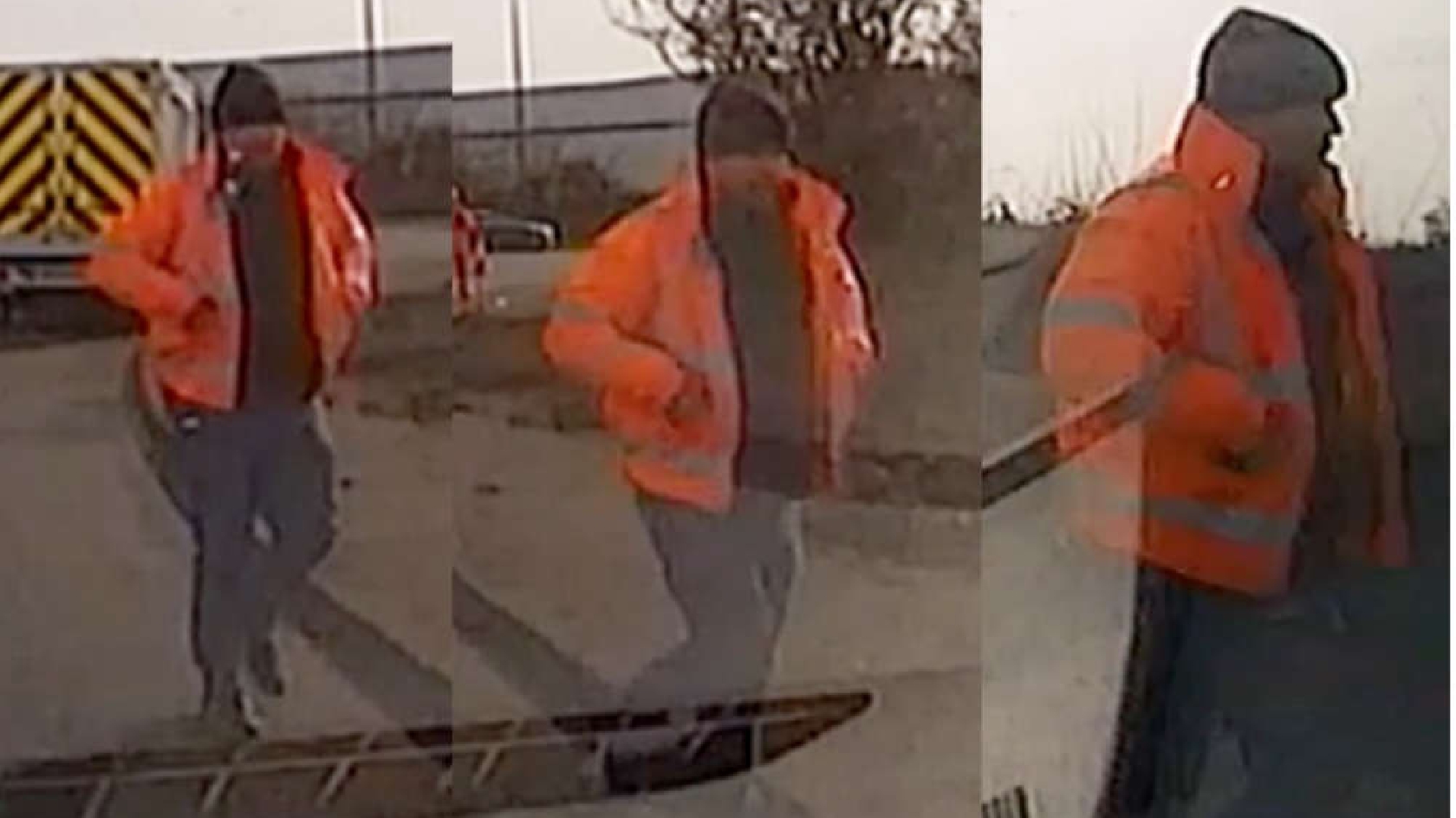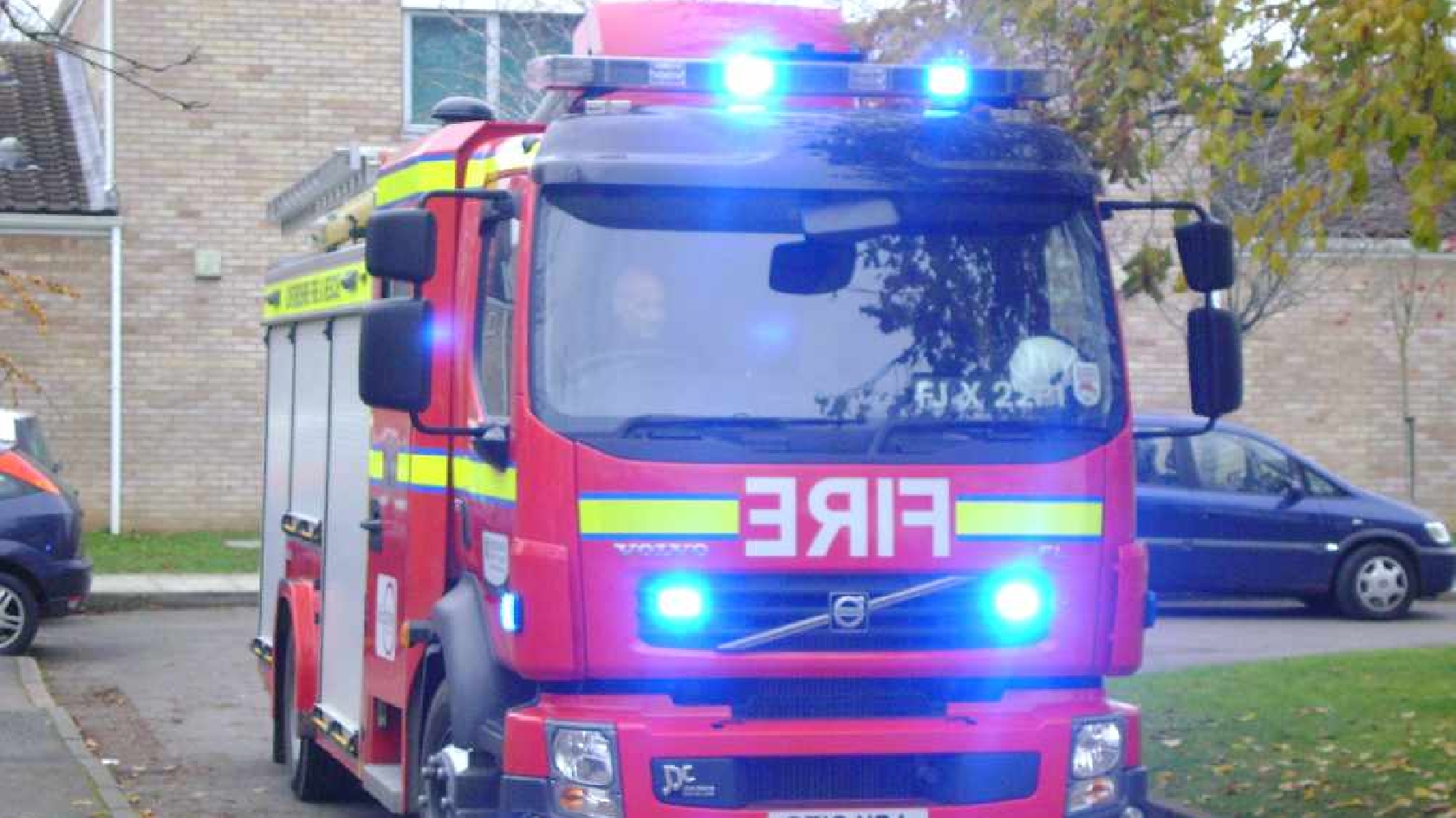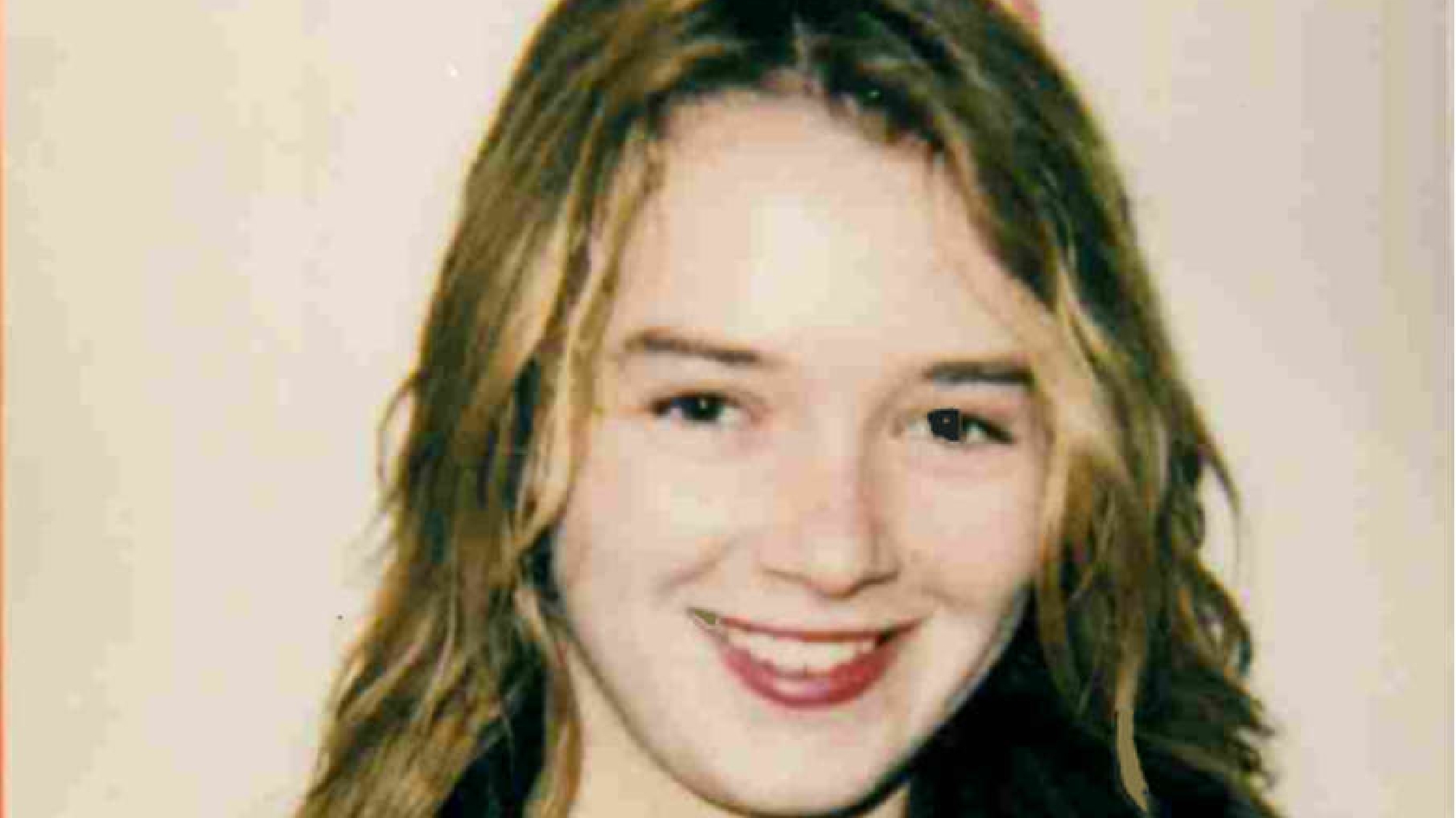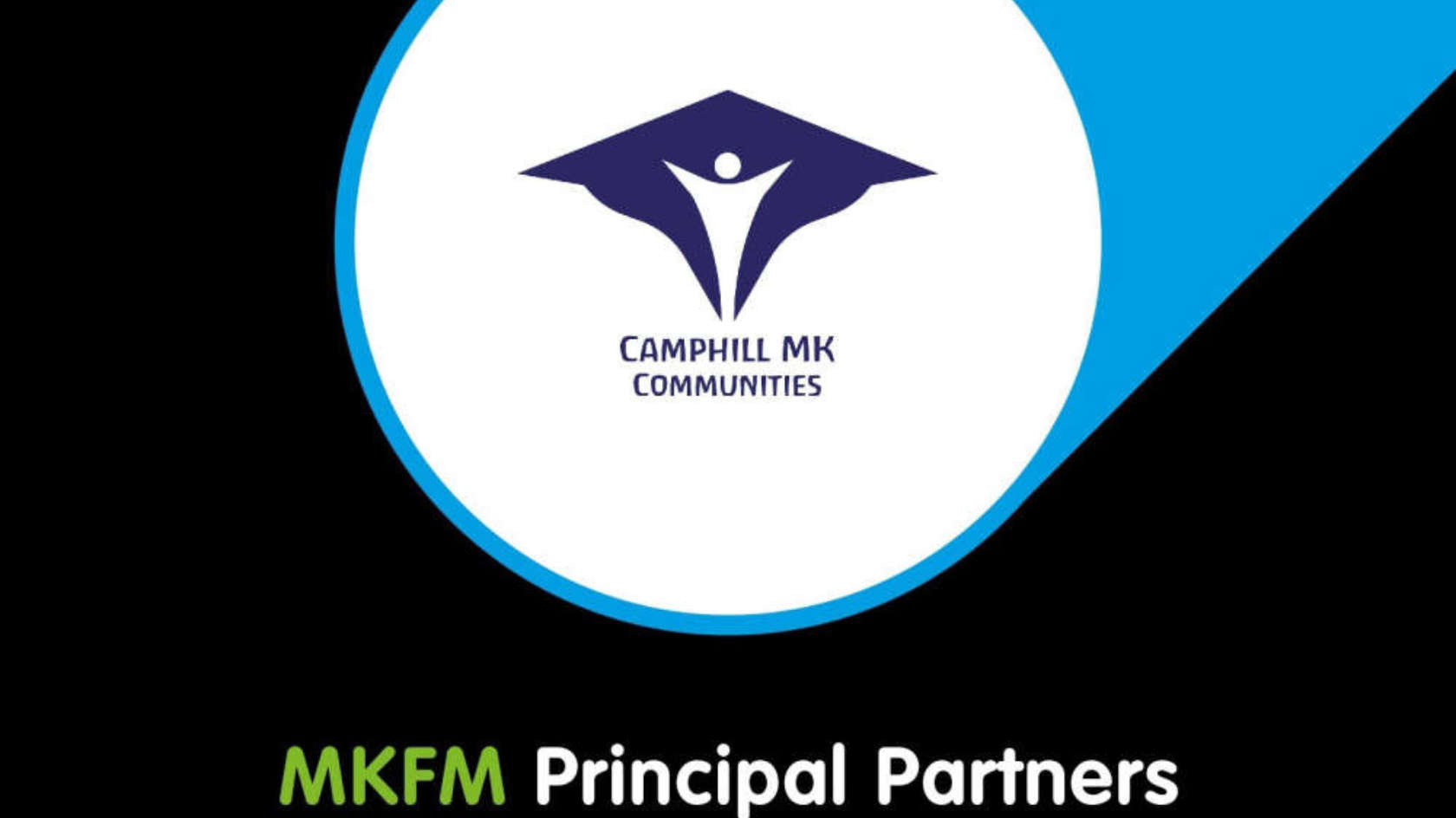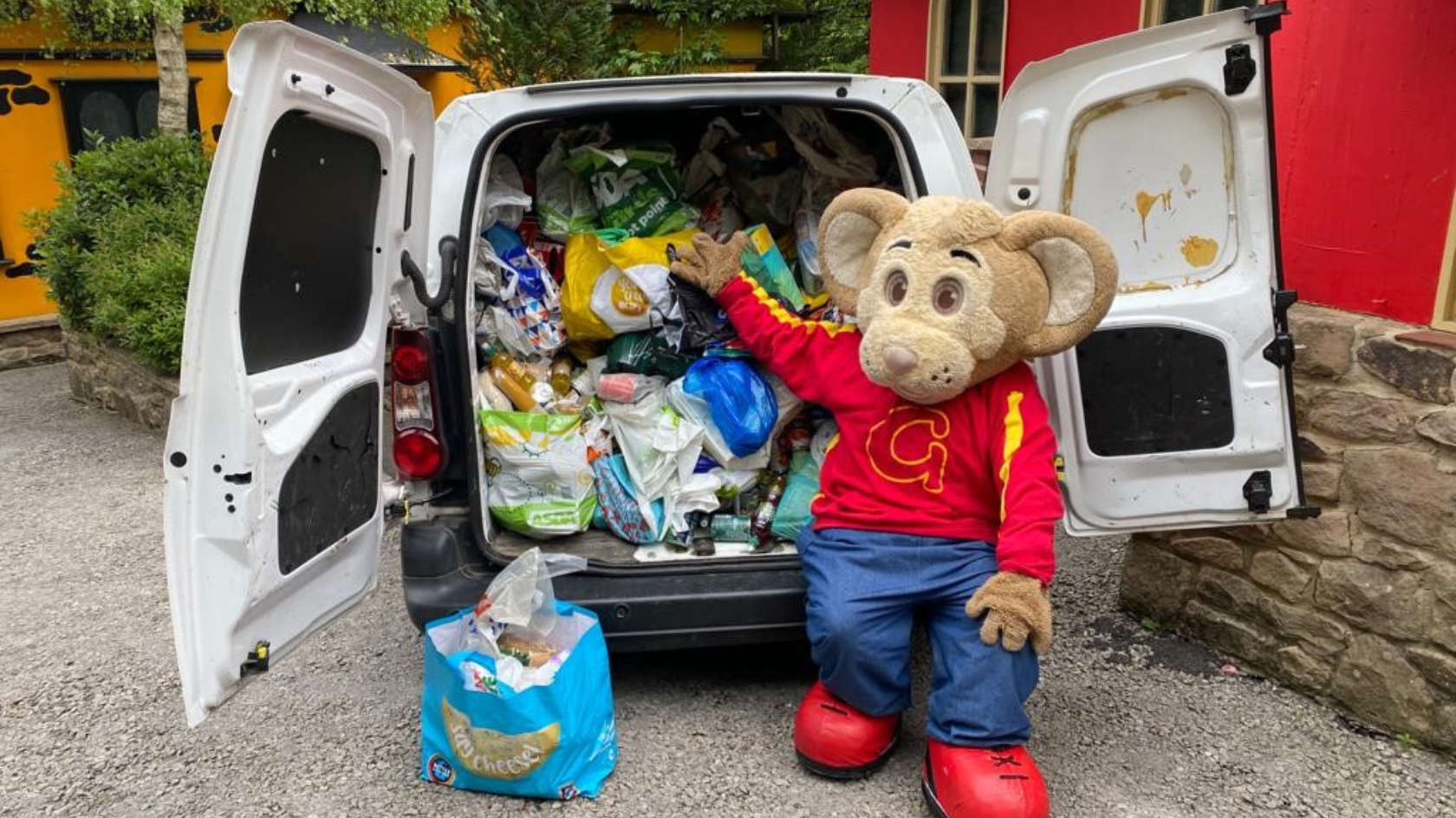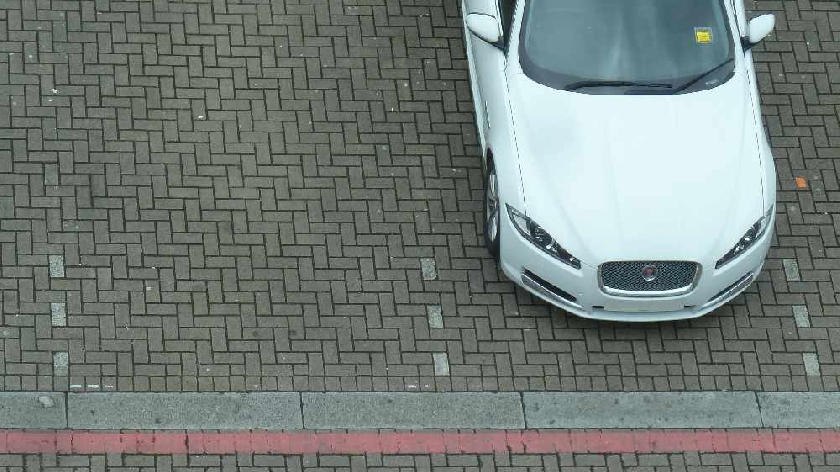
New data suggests that parking profits made by Milton Keynes' local authority are amongst the highest in England.
The RAC Foundation has this week released a report analysing parking surplus, or profit, made by 388 councils across the country.
It revealed that the 388 authorities made £891million in total profits from 2019-20, which equates to £2.44m per day, or £28 a second.
The research group called parking charges a "big business" nationally, but a spokesperson for the Local Government Association stated that "any surplus is spent on essential transport projects".
The profit made per local authority ranged from hundreds of thousands of pounds to tens of millions of pounds.
And, according to the report, Milton Keynes was amongst one of the highest in England. Milton Keynes Council made £10.5 million in parking profits from 2019-20, meaning it sits in the top five local authorities outside London.
This figure is actually a 13% decrease compared to the year before, where £12.1 million was made in 2018-19.
Milton Keynes Council states that this high number is down to the fact there are more council-owned parking bays across the city compared to other areas.
A spokesperson for Milton Keynes Council said: "Unlike other areas, MK has more than 21,000 council-owned car park parking spaces, so it's not a straightforward comparison. The money raised from parking goes towards passenger transport and highway improvements.”
David Renard, from Local Government Association, added: "Income raised through on-street parking charges and parking fines is spent on running parking services.
"Any surplus is spent on essential transport projects, including fixing potholes and tackling congestion, but it would take more than a decade and £10billion to tackle our current roads repair backlog."
Other councils that made high surplus included Westmister Council, in Central London, totalling £69.6 million in just 12 months.
And the highest profit outside of London was made by Brighton and Hove Council, totalling £24.8 million.
The position is expected to change in the upcoming year due to losses caused by the COVID-19 pandemic.




